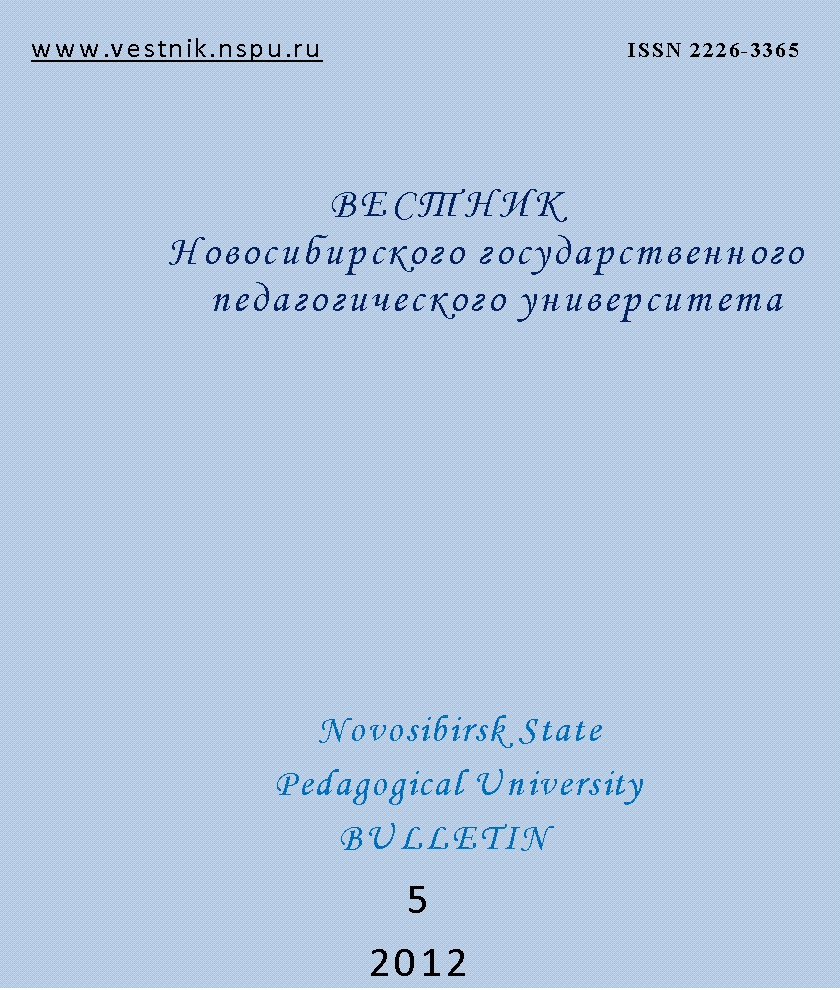ВЫСКАЗЫВАНИЕ С ПРЕДЛОЖНЫМИ ДЕВЕРБАТИВАМИ В СОВРЕМЕННОМ НЕМЕЦКОМ ЯЗЫКЕ
THE SENTENCE WITH THE PREPOSITIONAL VERBAL NOUNS IN MODERN GERMAN
Author(s): Irina Victorovna ArkhipovaSubject(s): Education
Published by: Новосибирский государственный педагогический университет
Keywords: the prepositional verbal nouns; taxis relations; taxis relations of simultaneousness; taxis relations of total simultaneousness; taxis relations of partial simultaneousness; adverbial taxis relations of simultaneousness; modal taxis relations of simultane
Summary/Abstract: In the article German sentences with the prepositional verbal nouns are considered from the point of view of taxis and chronological relations of simultaneousness. The functional and semantic analysis of taxis relations demonstrates the main types of taxis relations of simultaneousness: taxis relations of simultaneousness (total\partial) proper, also adverbial taxis relations of simultaneousness: modal, conditional, causal and medial taxis relations of simultaneousness. The taxis relations of simultaneousness proper (total\partial) are formed in the sentences with the prepositions während, in, bei, mit with temporal meaning. The adverbial taxis relations of simultaneousness (total\partial) are formed in the sentences with the prepositions in, bei, unter, mit with modal, medial, conditional and causal meaning.
Journal: Вестник Новосибирского государственного педагогического университета
- Issue Year: 2012
- Issue No: 5
- Page Range: 95-104
- Page Count: 10
- Language: Russian

